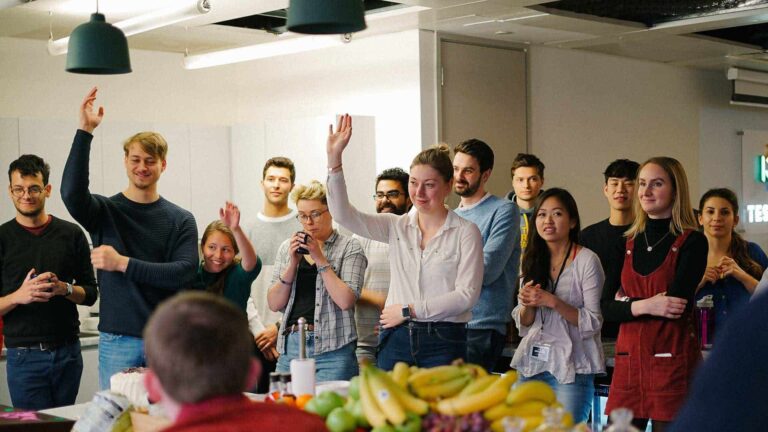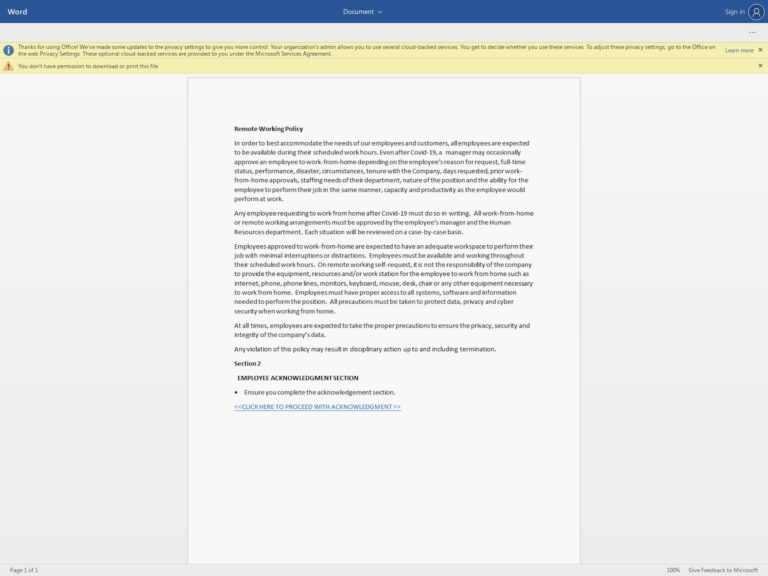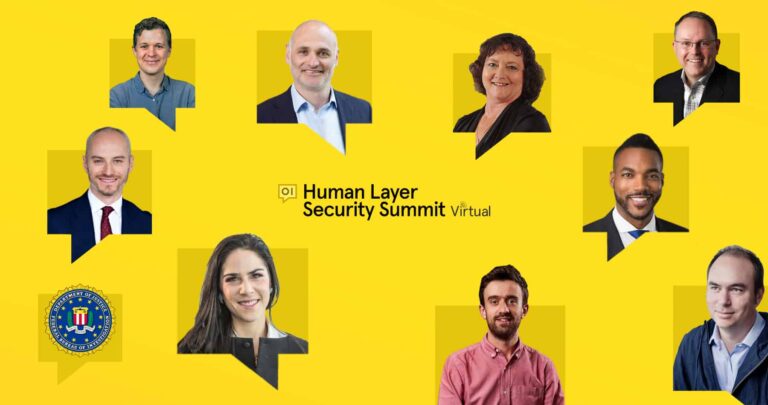“Customer Success is not a function. It's everything your company does across Product, Engineering, Sales, Marketing, Support, Finance—literally everyone in your company—to create strong outcomes and experiences for your clients.”
Allison Pickens
COO at Gainsight
We believe this whole-heartedly at Tessian. That’s why we’ve made Customer Centricity one of our six company values, and why we’re making it – along with being Human-First – our focus going into Q4.
So, what does “Customer Centricity” actually mean?
It means that our customer’s success doesn’t sit with one functional team. Instead, it’s the entire company’s responsibility. It’s embedded into every role, across every team. It’s a part of Tessian’s company culture.
Whether we’re launching a feature, or pursuing a partnership, we always ask “How does this help our current and future customers?”
Keep reading to find out why customer-centricity is more important now than ever, what we’re doing internally to ensure we’re being guided by this value every day, and what we learned from Nick Mehta, a guru of Customer Success and the CEO of Gainsight, during his live discussion with Tessian CEO and Co-Founder, Tim Sadler.
Why are we focusing on customer-centricity now?
It’s been a tumultuous few months for businesses around the world which means that two of our values are especially relevant: Customer Centricity and Human First. They go hand-in-hand. Nick explained why.
“Customer success is part of this larger idea of human-first business.
Business used to be all about the bottom line, and all about making shareholders money. But, Gainsight’s actual purpose is living proof you can win in business while being human first. It’s about treating customers not just as a transaction or a deal, but as a group of human beings.”
Nick Mehta
CEO at Gainsight
Instead of just looking at the effects of COVID-19 and the economic downturn from our perspective, we’ve stayed laser-focused on what our customers are going through. The ultimate question that we’ve asked ourselves – and will continue asking ourselves – is “How can we best support our customers through this period?”
How can we help? How can we show real value?
As we’ve said, we believe this is the responsibility of all Tessians. Nick does, too.
“It’s not just about the customer success function or customer-facing roles. It’s all roles. Customer Success if about end-to-end customer experience, but everyone in the company touches that. In Finance, part of the customer experience is the invoice you send them and the collection emails you send. Those things matter a lot.
If you’re in Legal, the terms in your contract affect the customer experience. Are they friendly? Are they easy to understand? Even if you’re not talking to a customer every day, you can still look at customer data to help you do your job better,” he said.
What are we doing internally to make sure we’re being guided by these values?
Here are steps we’re taking this quarter to show our commitment to our customers:
- We’re creating a more human experience for our customers. We’ve been thinking deeply about our customer journey during this period, in particular the AE-CSM holdover. We want our customer’s experience to be as seamless – and as human – as possible. This influences how we communicate, when we communicate, and the ways in which we demonstrate value. It all comes back to being human-first and, as Nick said, “treating customers not just as a transaction or a deal, but as a group of human beings”.
- We’re empowering all Tessians to understand their role in customer success. During our Town Hall, we asked everyone at Tessian to take this quarter to reflect on this question: How does your role impact our customers? We’re encouraging even those employees who aren’t in customer-facing roles to explore the challenges our customers are facing and what we can do to best support them. We’re also kicking off a Customer Success Book Club. Our first pick? Nick’s latest book “The Customer Success Economy”. This way, all Tessians can understand how to apply customer-centric principals to their specific role.
- We’re immersed in customer feedback. We are taking the time to find even more ways to communicate with our customers during COVID, even without face-to-face meetings. We want to make sure we understand – at all times – how their priorities are shifting. That way, we can anticipate their needs and continue delivering an amazing customer experience.
- We’re setting company-level OKRs focusing on Customer Centricity. While creating all of these initiatives and putting them into action are steps one and two, we have to somehow hold ourselves accountable. That’s why we’ve set company-level OKRs. Now, individuals, teams, and entire departments across Tessian have goals set around Customer Centricity. These will be reviewed throughout the quarter to make sure we’re always demonstrating this value and putting our customers first.
The bottom line is: We’re guided by our customers and we want to support them today and in the future, wherever and however they’re working.
What can other organizations do to make sure they’re focusing on their customers?
COVID has impacted all of us and while customers are certainly looking for value, they’re also looking for a human touch. Empathy goes a long way.
Here are some questions to reflect on:
- How can we break down silos in our company to ensure customers are at the forefront of every decision?
- In what areas of the business could we show more empathy to our customers, and err away from treating them as a transaction or deal?
- How can we reach out more frequently and regularly to our customers in a human-first way to ensure we are showing value?
Samantha Holt
Chief of Staff











